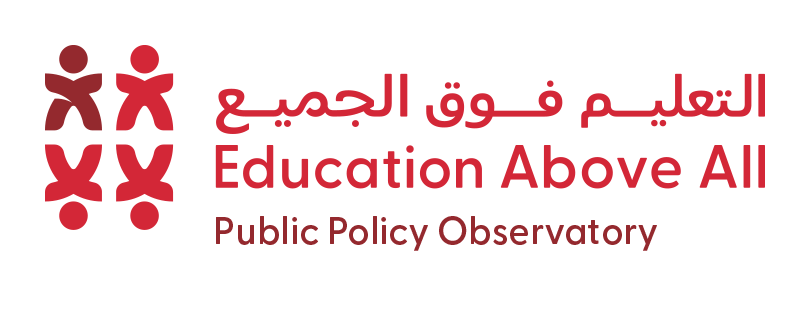Context
Public universities in Egypt, which are major research institutions, had over 2.45 million students enrolled in 2022. They offer free or low-cost tuition, with admission based on standardized secondary exams (Buckner, 2013). On the other hand, private universities are smaller, with each typically enrolling fewer than 10,000 students, totaling 571,190 students in 2022. The enrollment in private universities is growing, indicating their increasing role (Buckner, 2013). Private universities have lower test score requirements for admission compared to public ones, but all entry requirements are set by the Ministry of Higher Education (Buckner, 2013). This shift towards privatization has raised concerns about moving from a merit-based to a market-oriented admission process (Buckner, 2013; Galal, 2002). As the population grows and access to higher education expands, private universities may help prevent system overload and increase overall access to higher education.
Solution
The Local Scholarship Program (LSP) for Non-Public Universities in Egypt, funded by the United States Agency for International Development (USAID), spanned from May 2015 to July 2023. This initiative aimed to empower underprivileged students by granting them access to higher education while enhancing their leadership abilities and job preparedness. The program targeted three primary goals: increasing access to quality higher education, developing leadership skills, and improving job readiness. The LSP provided various enrichment activities to meet these objectives, including academic and personal support, campus visits, English language training, study abroad opportunities, leadership development, and career guidance. This report focuses on the LSP for non-public universities while recognizing that other LSP interventions are also being implemented in Egypt.
Impact
Scholarship recipients were predominantly female (56.25%), in contrast to non-recipients (46.87%). Both groups exhibited similar demographics, with an average age of 25, having three siblings, achieving an average score of 89 on the Thanaweya Amma exams, and 93% graduating from secondary school between 2019 and 2022. Notably, recipients of the LSP came from more disadvantaged backgrounds. For example, only 40.63% had parents with a college education, while 66.42% of non-recipients had at least one parent with a college degree. This partially reflects the program's success in targeting less advantaged households. Nevertheless, recipients were mostly from middle-class families, possibly due to other eligibility criteria. Future programs might refine their criteria to reach poorer households better.













